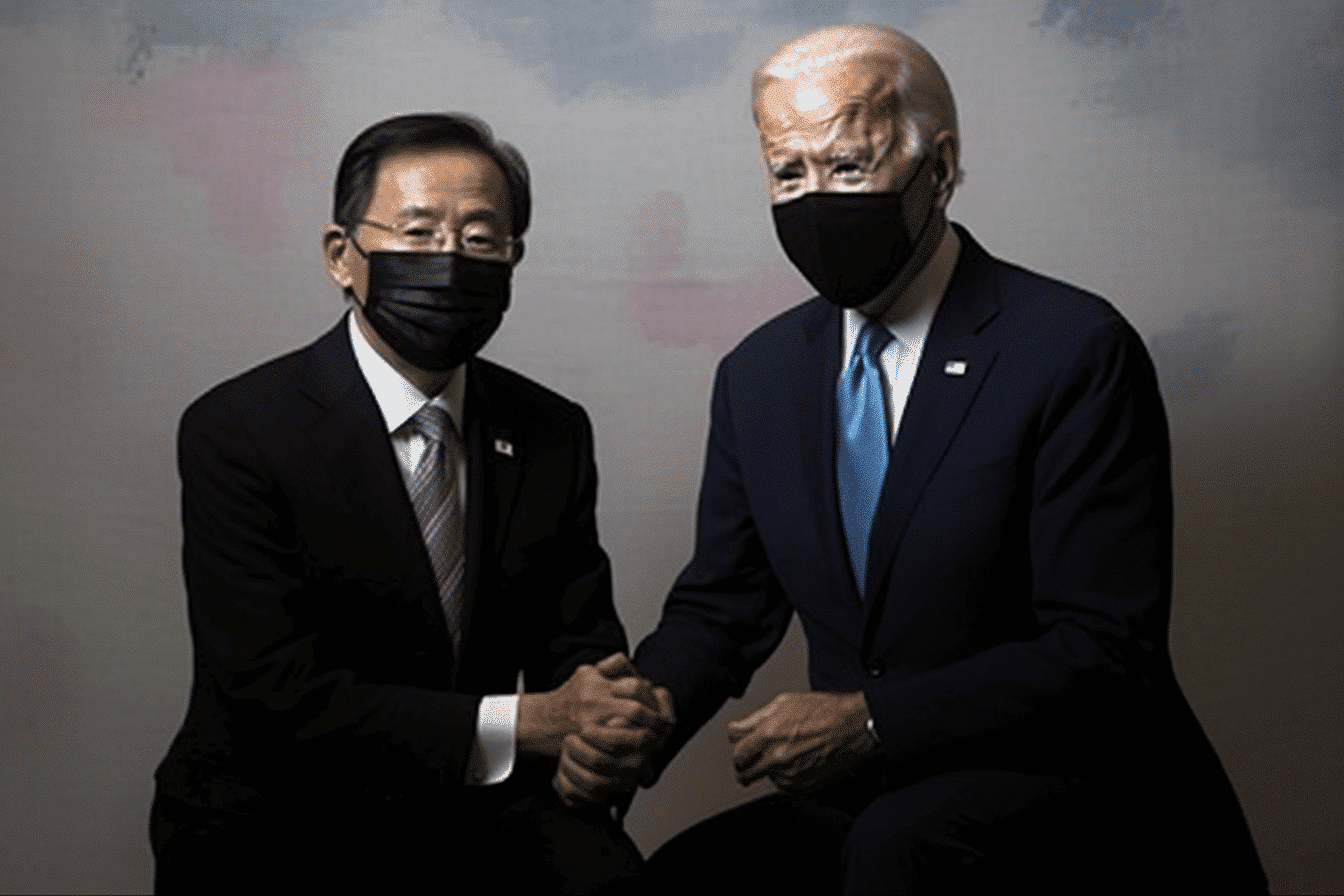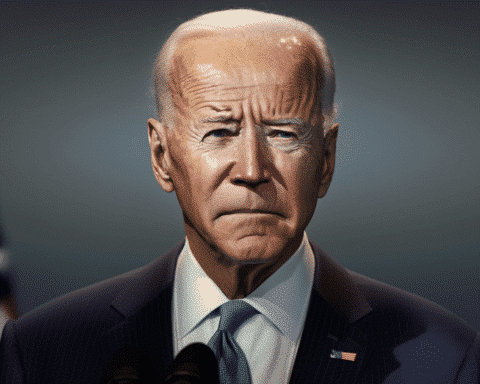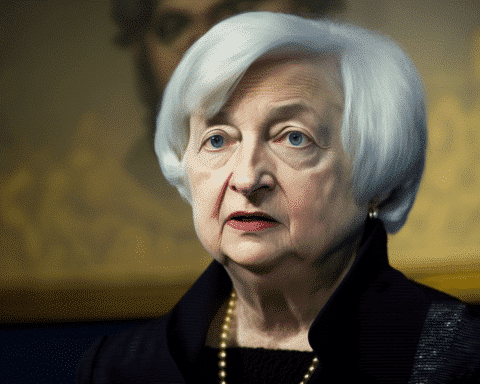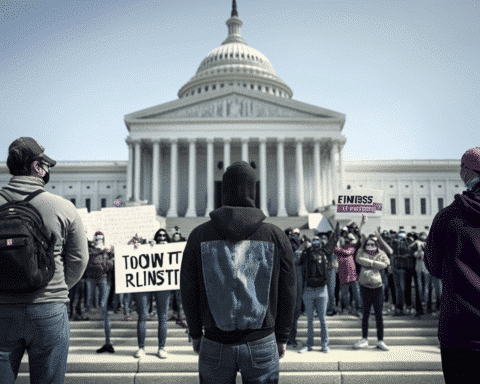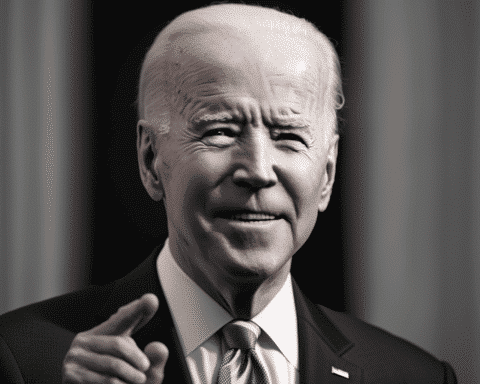President Joe Biden and Japanese Prime Minister Fumio Kishida met, underscoring the robustness of their alliance before the forthcoming G-7 summit. This forum of leading democracies will address critical issues such as Russia’s Ukraine war, North Korea’s ballistic missile threats, and China’s rising assertiveness.
Biden echoed Kishida’s comments from a January Washington visit, agreeing that the world’s current security environment is one of the “most complex” in recent history. The president asserted the world is safer when the US and Japan stand united.
Kishida emphasized that global tensions had furthered US-Japan cooperation, which has “evolved in leaps and bounds.”
Hiroshima, Kishida’s hometown and the first city to experience a nuclear attack during World War II, will host the G-7 summit. The location has added significance as members grapple with the territorial ambitions of atomic powers Russia and China.
Despite his international engagements, Biden also deals with internal challenges in the US, primarily regarding raising the government’s debt limit. This prompted him to shorten his eight-day trip to Asia, as he needed to prevent a potentially catastrophic default in June that could impact the global economy.
Jake Sullivan, the White House national security adviser, stated that Russia’s invasion of Ukraine would be a central discussion point at the G-7. He added that leaders will discuss the situation on the battlefield and work on strengthening sanctions against Russia.
Biden and Kishida also covered economic issues, focusing on supply chains for critical minerals, new partnerships between US and Japanese companies and universities, and promoting renewable energy.
Furthermore, Kishida expressed his intent to discuss bolstering deterrence and response capabilities against China’s assertiveness in the Indo-Pacific, affirming the significance of the Taiwan Strait for global peace and stability.
Their discussion also included strategies to strengthen their partnership with South Korea, which recently signed an agreement with the US to enhance deterrents against a nuclear attack by North Korea.
However, Kishida faces a delicate situation as Japan advocates for a nuclear-free world but acknowledges the necessity for a nuclear umbrella due to its reliance on US extended deterrence, notes Kan Kimura, an expert on South Korea from Kobe University.
Meanwhile, some issues remain unresolved between the US and Japan. For instance, the case of Lt. Ridge Alkonis, a US Navy officer stationed in Japan, was sentenced to prison for negligent driving resulting in the death of two Japanese citizens. Biden raised this matter during his January meeting with Kishida.
Biden’s early return to the US means he will miss out on planned visits to Papua New Guinea and Australia. He was scheduled to participate in a Quad partnership meeting involving leaders from Australia, India, and Japan. Biden personally called Papua New Guinea’s Prime Minister, James Marape, explaining his need to return to Washington and inviting him and other Pacific leaders for a visit later this year.
Biden’s early departure from Asia underscores the weight of domestic issues even as international crises persist. The president’s conversations with Prime Minister Kishida highlight the deep ties between the U.S. and Japan, the shared concern for global stability, and the commitment to face these challenges together. As the world prepares for the G-7 summit in Hiroshima, leaders must negotiate the complex landscape of security, economics, and global politics. Amid this, Japan continues to tread the delicate path between its historic anti-nuclear stance and the current international security environment.
